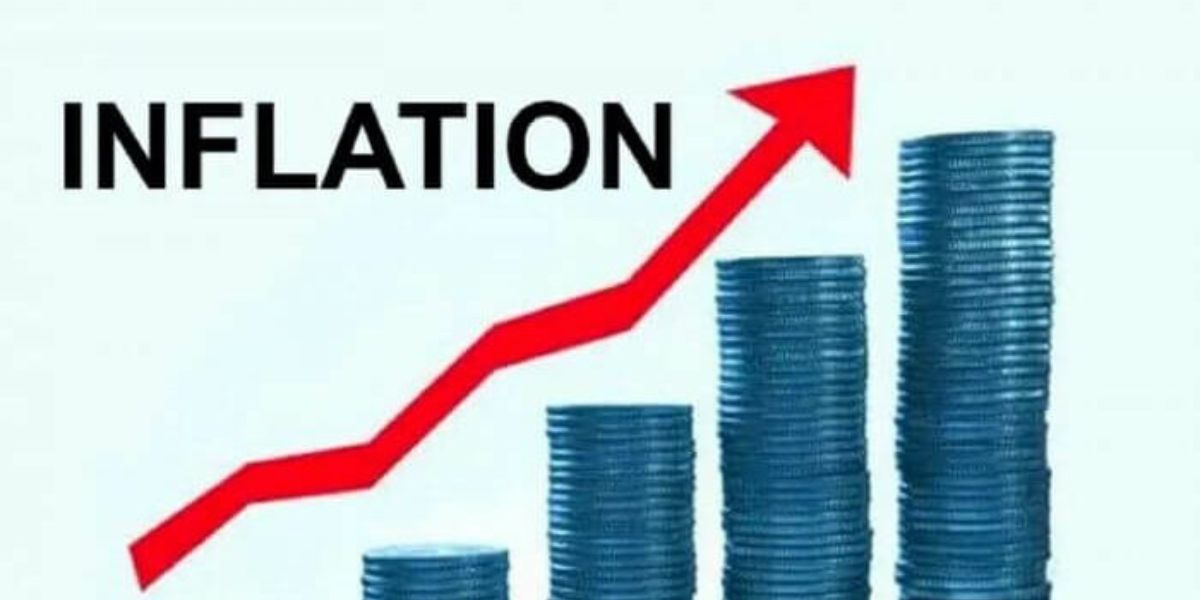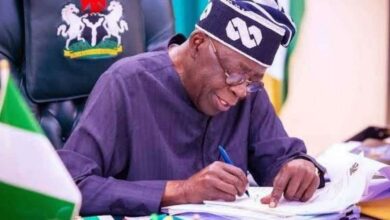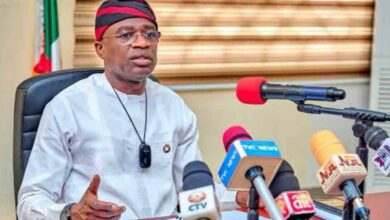
Nigeria’s inflation rate is projected to drop to 27.1% by December 2025, according to the latest NESG-Stanbic IBTC Business Confidence Monitor (BCM) report.
This forecast brings a sense of relief to businesses and consumers grappling with prolonged economic challenges, indicating that structural reforms are beginning to yield positive outcomes despite persistent hurdles.
Inflation remains a critical concern for Nigeria’s economy, with rising fuel costs and currency depreciation driving expenses across all sectors.
The report highlighted that inflationary pressures were particularly severe in 2024, following the removal of fuel subsidies and the liberalization of the foreign exchange market. However, the BCM predicts a gradual easing of these pressures in 2025.
According to the report, headline inflation is expected to remain high during the first nine months of 2025 but decline significantly by the fourth quarter.
“We expect headline inflation to remain sticky in 9M:25 but settle below 30% from September 2025 as high petrol costs smoothen out of the year-on-year headline inflation, barring any unexpected shocks to petrol prices,” the report stated.
“This expectation, alongside projections on the USD/NGN exchange rate, fiscal deficits, and food supply, informs our forecast that headline inflation may average 30.5% y/y in 2025 and reach 27.1% by December 2025.”
The projected decline in inflation is also expected to shape monetary policy. The report suggests that the Central Bank of Nigeria’s Monetary Policy Committee might adopt a more accommodative stance by late 2025, potentially lowering interest rates to stimulate economic growth.
The report further noted a slight recovery in business performance in December 2024, driven by seasonal festive demand.
The Current Business Performance Index, which measures economic activity across sectors, improved to +0.77 in December, up from -2.74 in November. This marked the first positive reading since September 2024, signaling modest growth in business activity.
However, performance varied across sectors. Agriculture led with a net balance of +13.93, supported by heightened harvest activities and increased demand for produce. Non-manufacturing industries also showed resilience, recording a net balance of +5.80. Conversely, manufacturing, trade, and services sectors faced significant challenges.
The Future Business Expectation Index, which gauges optimism about future business conditions, settled at +28.61 in December 2024, down slightly from +33.17 in November. Despite the decline, the index reflects cautious optimism for improved conditions in the first quarter of 2025, particularly in agriculture, manufacturing, and non-manufacturing sectors.
However, several challenges tempered business optimism. High operational costs driven by inflation and exchange rate volatility continued to burden businesses. Frequent power outages forced many firms to rely on expensive alternative energy sources. Other hurdles included insecurity, limited access to financing, and complex tax regulations.
Access to credit improved slightly in December, with a net balance of +8.25, but the high cost of borrowing remained a significant barrier to investment.
The report also pointed to persistent structural issues impeding economic growth. The Cost of Doing Business Index rose by +50.32 in December, reflecting the mounting pressures on firms.
Despite these obstacles, the report offered a cautiously optimistic outlook for 2025. Nigeria’s GDP is projected to grow by 3.5% in 2025, up from an estimated 3.2% in 2024.
This growth is expected to be fueled by improved conditions in key sectors such as agriculture, manufacturing, and non-manufacturing industries. The easing of inflation and the stabilization of exchange rates are anticipated to boost consumer spending and overall economic activity.





